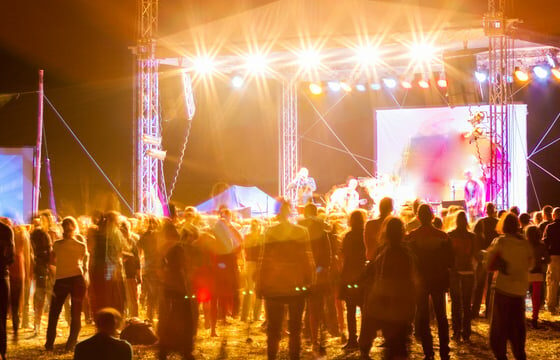
The most expensive real estate in your hotel? It’s not the presidential suite—it’s your empty meeting room on a Tuesday afternoon.
While most properties scramble for the dwindling pool of mega-conferences, forward-thinking hotels are quietly building sustainable revenue streams through micro events—those intimate gatherings of 10-50 attendees that are transforming the very economics of group business.
Relationship Economics That Compound
Every micro event plants the seed for future bookings. When a company hosts a successful 15-person strategy session, they’re not just paying for today’s meeting—they’re auditioning your property for their quarterly training series, monthly client dinners, and annual leadership retreat.
According to Northstar Meetings Group, 78% of event planners anticipate an increase in small- and medium-sized meetings this year. This isn’t just a trend—it’s a fundamental shift in how companies approach gathering.
Profit Margins That Defy Convention
Conventional wisdom suggests bigger events equal bigger profits. The data tells a different story.
Without the infrastructural demands of large gatherings, micro events deliver higher profit margins per square foot. A thoughtfully designed executive retreat for 20 people often generates more bottom-line contribution than a 200-person conference—with significantly less operational complexity.
Space Utilization That Eliminates Revenue Leakage
Empty meeting space doesn’t just represent lost revenue—it actively drains profitability through fixed operational costs. Micro events allow properties to monetize these spaces consistently rather than waiting for sporadic large bookings.
Scaling Through Standardization, Not Size
The brilliance of micro events lies in their operational predictability. By developing standardized packages that still feel customized, hotels create easily replicable revenue models that can be deployed across markets, seasons, and target segments.
5 High-Value Micro Event Categories Worth Pursuing
- Executive Decision Labs: Small-group environments specifically designed for high-stakes strategic work, where premium amenities and thoughtful design justify higher rates than standard meeting packages.
- Applied Learning Workshops: Hands-on training environments that facilitate skill development through practice rather than passive listening.
- Client Advisory Forums: Intimate spaces for businesses to gather feedback and deepen relationships with key accounts.
- Team Reconnection Retreats: Purposeful gatherings that rebuild social capital among distributed teams, with shorter booking windows than traditional corporate retreats due to urgent demand.
- Hub-and-Spoke Event Networks: Regional satellite gatherings connected to larger virtual events, growing rapidly as companies seek to reduce travel costs while maintaining in-person connection.
Winning Strategies for Micro Events
The Package Architecture Advantage
Decision fatigue kills bookings. Properties that offer thoughtfully bundled, tiered packages eliminate planning friction and capture more business than those requiring custom quotes for every element.
The key: present three clear options that feel customized, while maintaining operational efficiency behind the scenes.
Experience Design as Differentiation
When every hotel has four walls and a table, experience becomes the only meaningful differentiator. Leading properties invest in customization capabilities that transform standard meetings into memorable events—commanding higher rates than competitors with equivalent physical space.
Frictionless Technology Integration
Technology should enhance human interaction, not replace it. Properties that seamlessly integrate digital tools for collaboration, hybrid participation, and engagement reporting see higher satisfaction scores and more repeat bookings.
Strategic Scarcity Positioning
The perception of exclusivity drives both demand and rates. By positioning micro event spaces as limited-access opportunities—through intentional capacity constraints and premium messaging—hotels generate higher ADR and dramatically reduced price sensitivity.
Takeaways
The future belongs to properties that stop selling square footage and start enabling transformative interactions. This isn’t about meeting rooms—it’s about becoming the catalyst for the connections, decisions, and breakthroughs that happen when people gather intentionally.
For hotels, this shift requires more than repricing existing space. It demands reimagining your entire approach to group business around the central question: What transformative experiences can we enable through thoughtfully designed micro gatherings?
Those that answer this question effectively will find themselves with not just fuller meeting rooms, but a sustainable competitive advantage in an industry desperate for new revenue models.
What unused space in your property could host three micro events tomorrow? The answer might be worth more than you think.
Mike Pavicich
Vice President of Global Sales
SalesAndCatering.com, LLC










